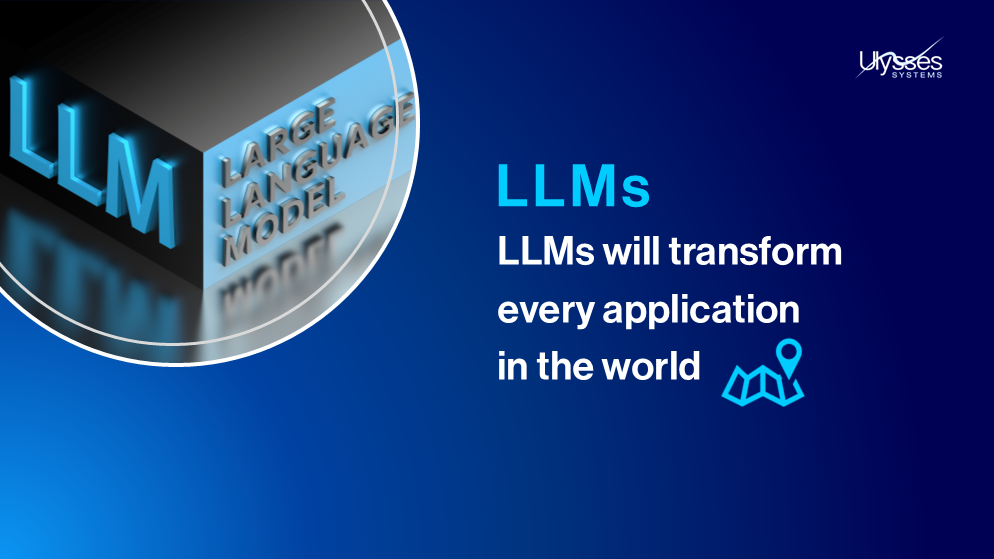
LLMs Organize Information
To say that LLMs organize information is to state the obvious. But understanding the impact of LLMs organizing information is a necessary and responsible discussion to have. Now is the perfect time. An ideal opportunity presents itself which allows us to leverage LLM developments to the advantage of the shipping industry. Because LLMs are set to transform every application around the world.
Don’t rush to buy software that has not anticipated LLMs
So, don’t rush to buy software today that may eventually weigh you down with a solution that has not anticipated how LLMs can help you. Because anticipating the ways in which LLMs are likely to help is going to become essential, since software applications are designed to structure information and LLMs hugely advance structuring.
This means that most information structures prior to LLMs will require revision.
Not only labels and dialogues between applications and users will change; documents will also undergo transformation. More substantially, LLMs will expose the need for more database attributes and new database models for marine applications in every area of focus. For instance, from data identifications related to crew skills and to spares identifications, to HSQE observations and their relevance to external audits, as well as cargo related safety considerations.
The organization is the information
Frederick B. Thompson, a forefather in the field of AI, said in 1968, “The organization is the information.” Suggesting that the ability to organize information should be a fundamental skill of AI. Large language models (LLMs) today do exactly that. They organize information.
Software applications also organize information. So, let’s look at the similarities between them and discuss the transformations applications will undergo with the advent of LLMs.
How is the information organized?
Our understanding of information and what we must do with it depends entirely on how the information is organised. This is also true for software applications. The organization of information, i.e. how information is presented, is imperative for users to understand anything. And software applications, to actualize transactions, rely on user understanding. So, the better the understanding of the presented information, the smoother the transaction and the productivity gain.
Now LLMs provide much of the structure we need to understand text to a far greater extent and to a superior level. And this is the chief reason LLMs will transform every application in the world.
Leverage LLM developments
If there was ever a time to hope for better things to come, now is the perfect moment and opportunity to leverage LLM developments to the advantage of shipping.
If this opportune moment slips by, the advancements in AI outside our industry, which benefit from greater resources, will lead our crews and staff to question why they too cannot tap into these pivotal innovations.
For example Document Management
Document Management systems will undergo substantial improvements, enabling Maritime companies to set up new processes or refine existing ones without having to wait for their vendors to build an application.
